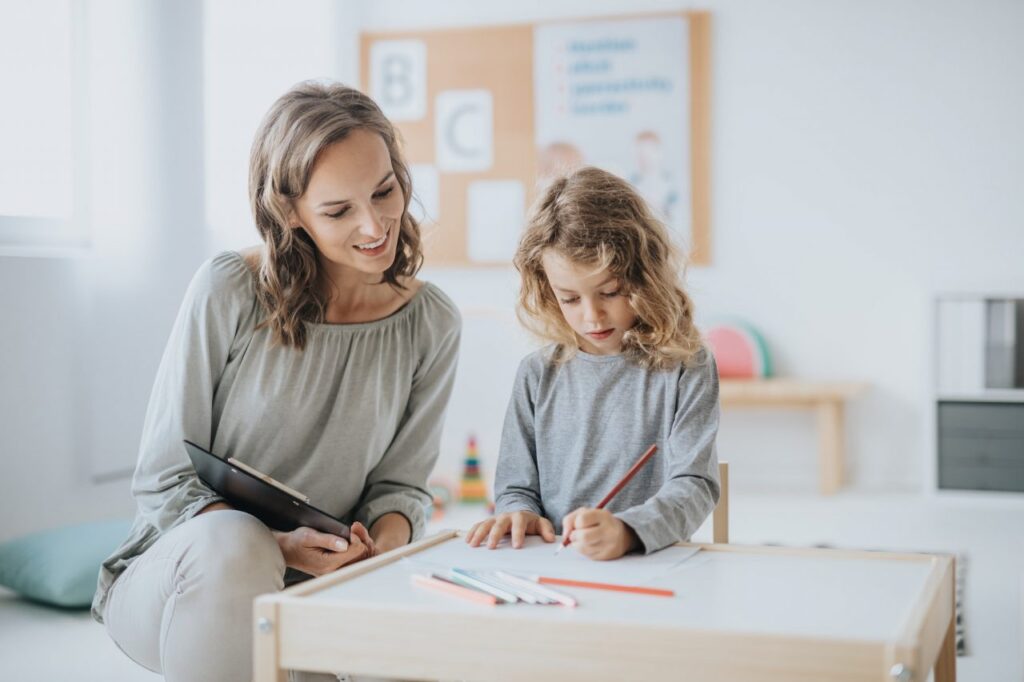
Each session lasts for 10 weeks, with the opportunity to enroll in additional sessions afterward. Each week, parents receive a copy of the lesson to help reinforce their child’s learning and skill development at home.
Participants will be grouped by age into two categories: 8-12 years old and 13-18 years old.
If your child falls outside these age groups, please contact us to discuss whether they may still be a good fit for the program.
Circle Time provides a wonderful opportunity for clients to practice social skills with staff and peers in a supportive environment. During each session, clients and their technicians will gather in the sensory room to sing songs, engage in interactive activities, listen to stories, and create crafts.
To ensure an inclusive experience, participants will be grouped based on age and ability, allowing all children to take part in activities that suit their developmental level. Each week features a new theme that guides the activities, making every session exciting and engaging.
Circle Time is designed to be a fun and enriching experience while helping participants build essential skills that can be applied in various settings. The primary focus areas include:
Limited social skills can create challenges for children with autism. Our Social Skills Series is designed to help participants develop and practice real-life skills that will benefit them both now and in the future.
While our group is engaging and interactive, it is not just a playgroup. We incorporate principles from Applied Behavior Analysis (ABA), ensuring that each child participates in hands-on learning through role-playing and guided practice. Progress is monitored using data-driven decision-making to support individualized treatment goals.
Our primary focus is to help participants build meaningful interpersonal skills that can enhance their social interactions and overall quality of life. The program aims to achieve the following: